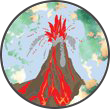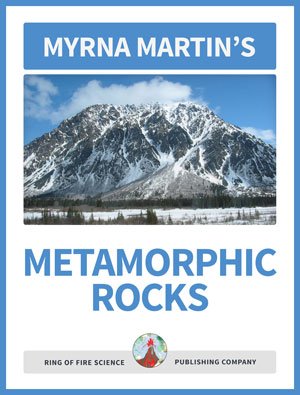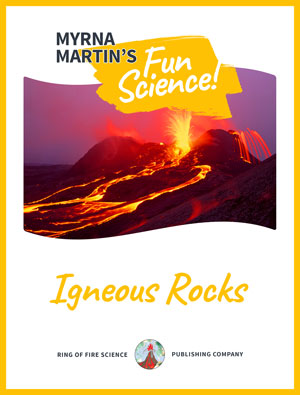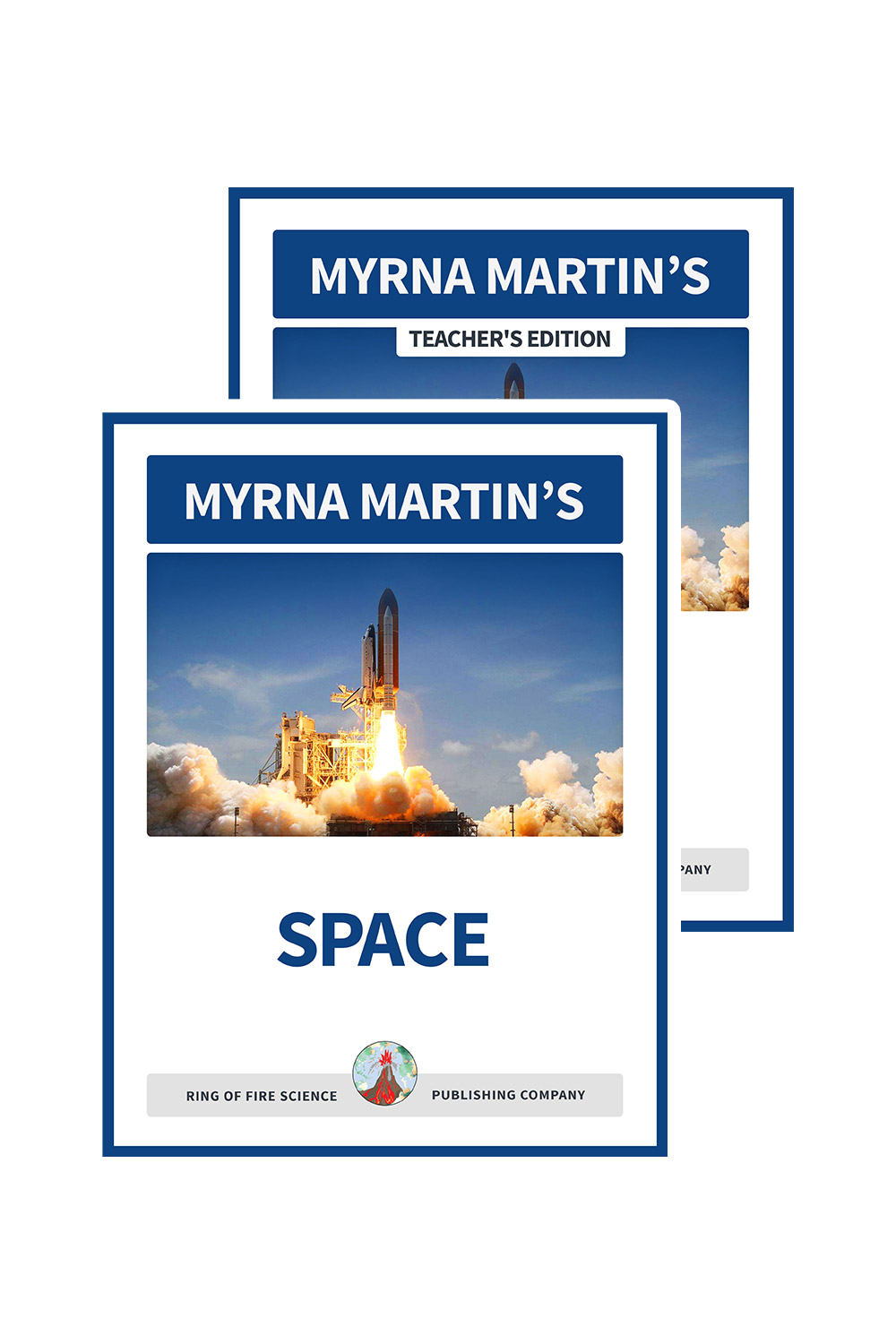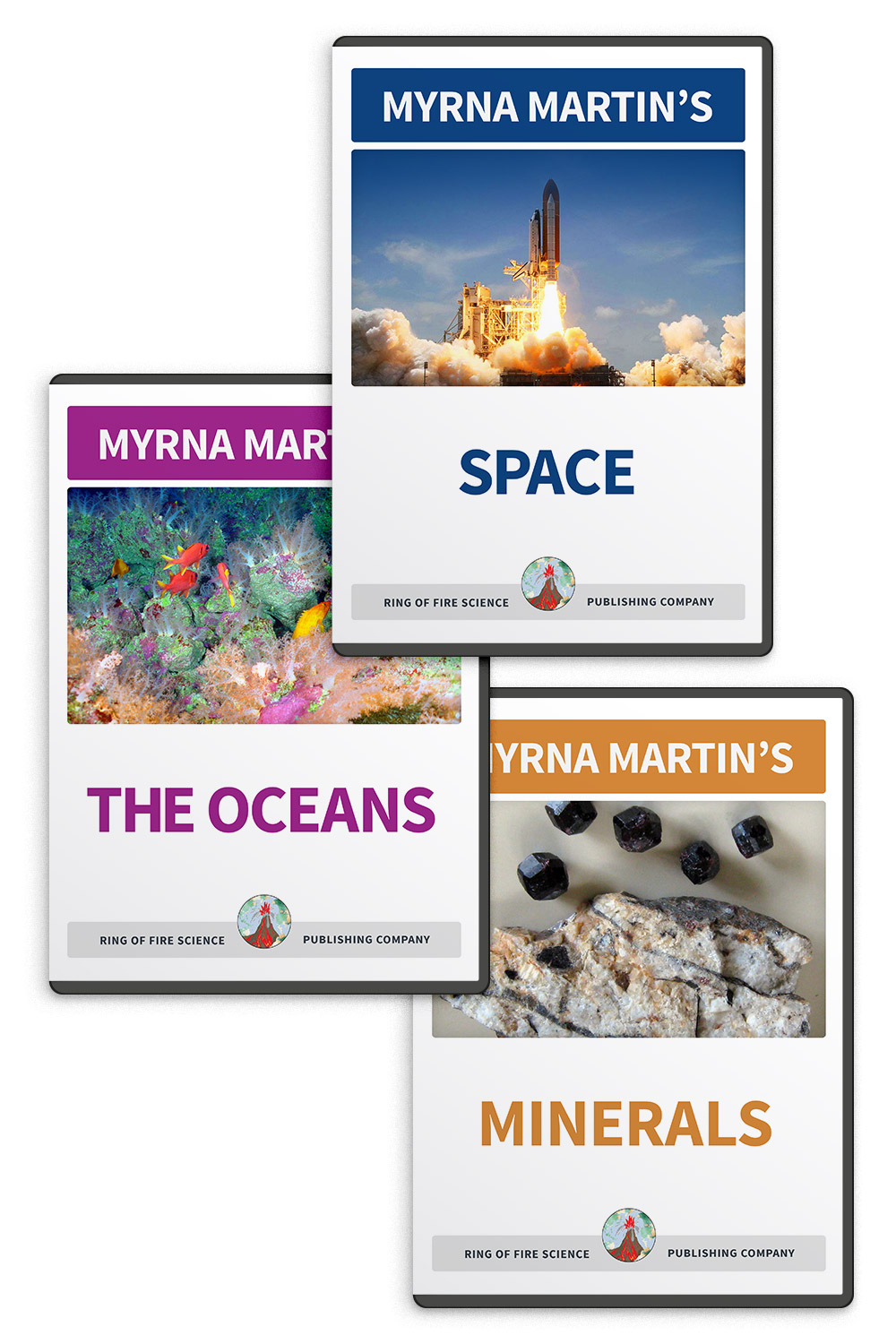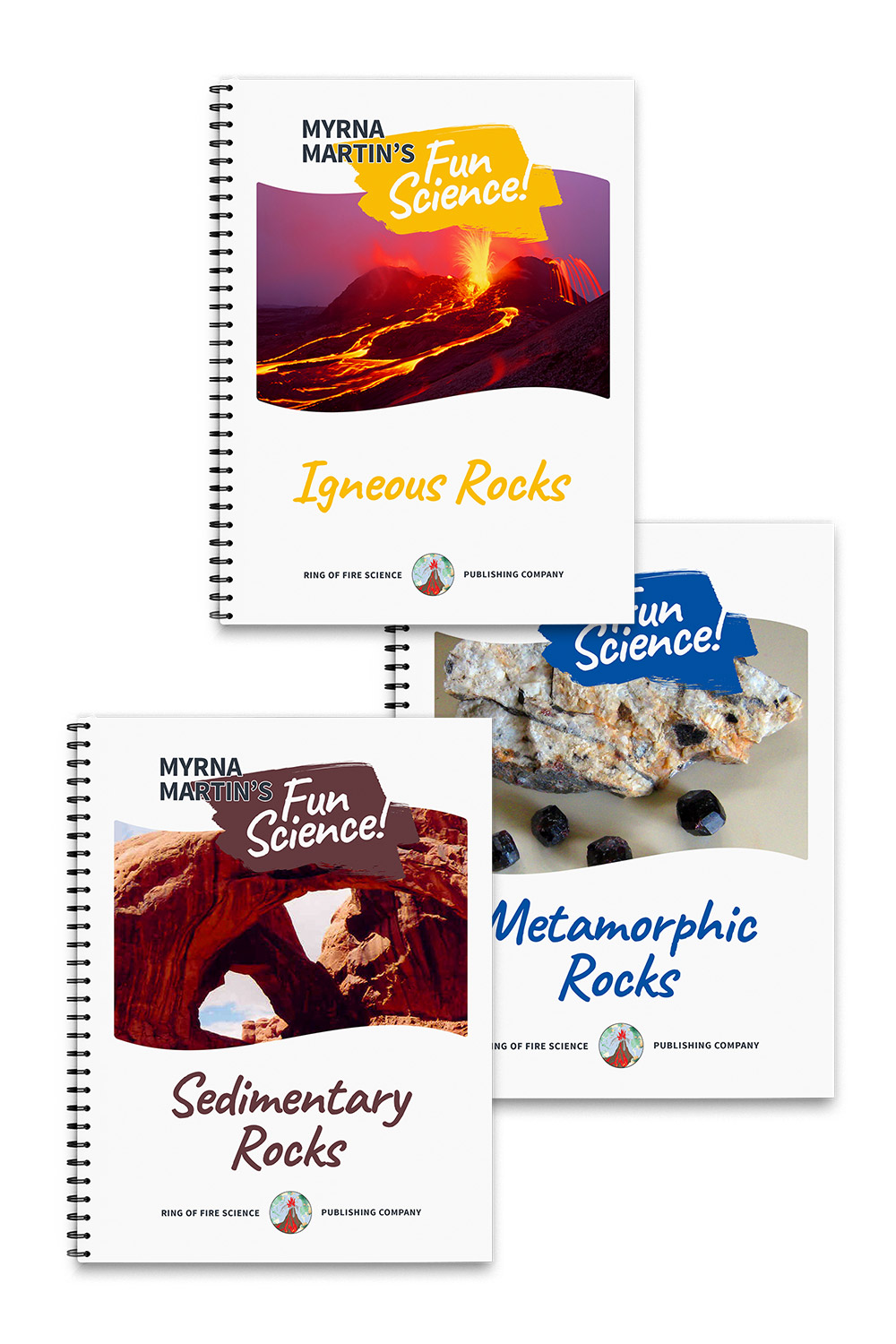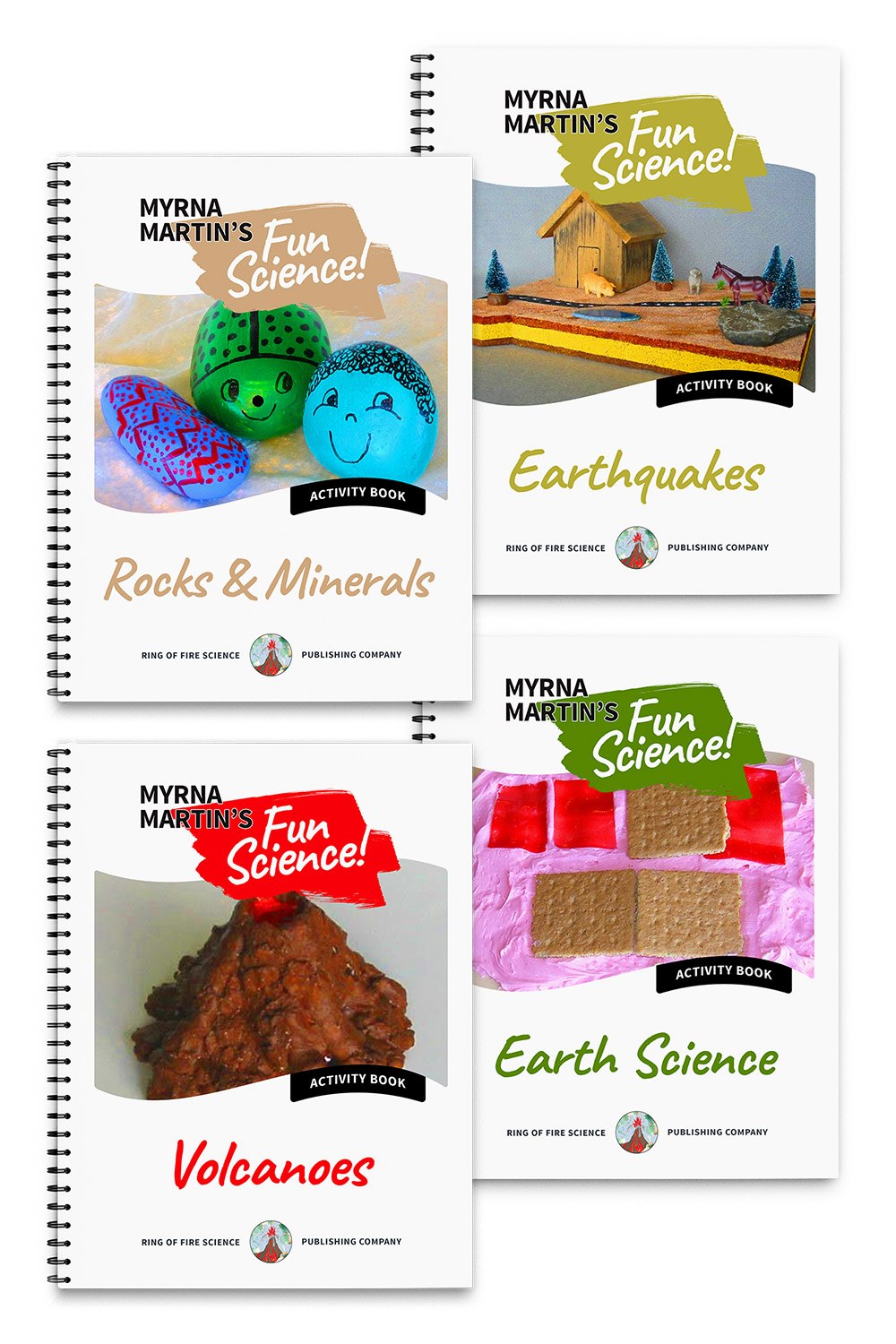Asthenosphere layer inside Earth
Asthenosphere layer inside Earth is proved
Asthenosphere layer inside Earth lies beneath the lithosphere
The asthenosphere lies beneath the lithosphere. Scientists suspected this layer inside the Earth as early as 1926. It was not confirmed until the magnitude 9.5 Great Chilean Earthquake on May 22, 1960. It was the largest earthquake ever recorded by seismographs.
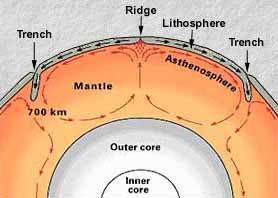
Upper boundary of the asthenosphere layer
Seismographs tracked 1960 Chilean earthquakes
The subduction zone earthquake off the coast of Chile was the most powerful every recorded by seismographs. The seismologists tracked the earthquake waves speed through the body of the planet. They confirmed the boundary between the lithosphere and this layer of our planet.
The waves slowed down at the boundary as the rigidity of the rocks decreased. P waves move relatively slowly at the top of this layer compared to the lithosphere but do slowly increase in speed as the depth and pressure increases making the rocks denser.

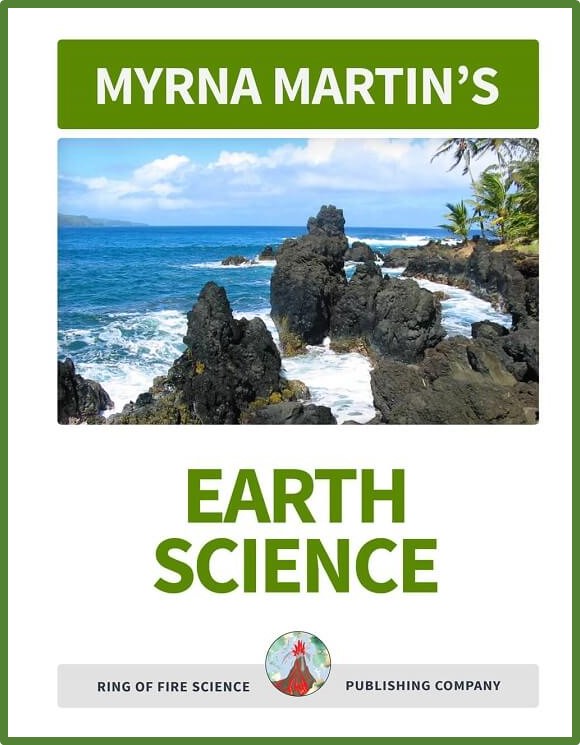 |
Our Earth Science books are designed for students to work through the lesson on their own with little to no help from their teacher. Answer Key is in the back of each book. The 16 Chapters in the book contains:
|
The weak rocks of this layer are much closer to the seafloor
The weak rocks of this layer are much closer to the seafloor surface than they are under the continents. The rocks flow upward to within a few kilometers of the ocean floor where crustal plates are separating at mid-ocean ridges.
The asthenosphere's upper surface usually is found at depths between 100 and 200 kilometers (62-124 miles).
The asthenosphere lies below the lithosphere. Its upper surface usually is found at depths between 100 and 200 kilometers (62-124 miles). Scientists believe the bottom of the layer extends to approximately 700 kilometers (430 miles) at the boundary with the mesosphere.
More Planet Earth Links
Earths Atmosphere Find out how the layers above Earth have formed and their importance to life on our planet.
Tectonic Plate Boundary Find out how and where tectonic plate boundaries form on our planet.
Plate Movements Do you know what are divergent plate boundaries, convergent boundaries and transform faults. Find out on this page.
Crustal Plates Find out how continental crust and oceanic crust forms on our planet.
The Earths Mantle Find out about the Earths mantle that contains 84% of the Earth's mass.
Asthenosphere Find out how scientists proved the existence of the this layer after the Great Chilean Earthquake in 1960.
Planet Earth Find out about the different layers that make up planet earth from the core to outer space.
Home Page The Science Site contains information on our planet, volcanoes, science activities, earthquakes and much more.
Kids Fun sCIENCE bOOKSTORE
Check out Myrna Martin's award winning textbooks, e-books, videos and rock sets. The Kids Fun Science Bookstore covers a wide range of earth science topics. Click here to browse.
Sign up to our monthly newsletter and receive our FREE eBook containing 3 fun activities that don’t appear in any of our other books!
The Kids Fun Science monthly newsletter will include the following: current events, weird and fantastic facts, a question of the month, science trivia and the latest new content from our website.
We respect your privacy and you can be assured that we will never share your email address or use it for any other purpose than to send you our newsletter.


